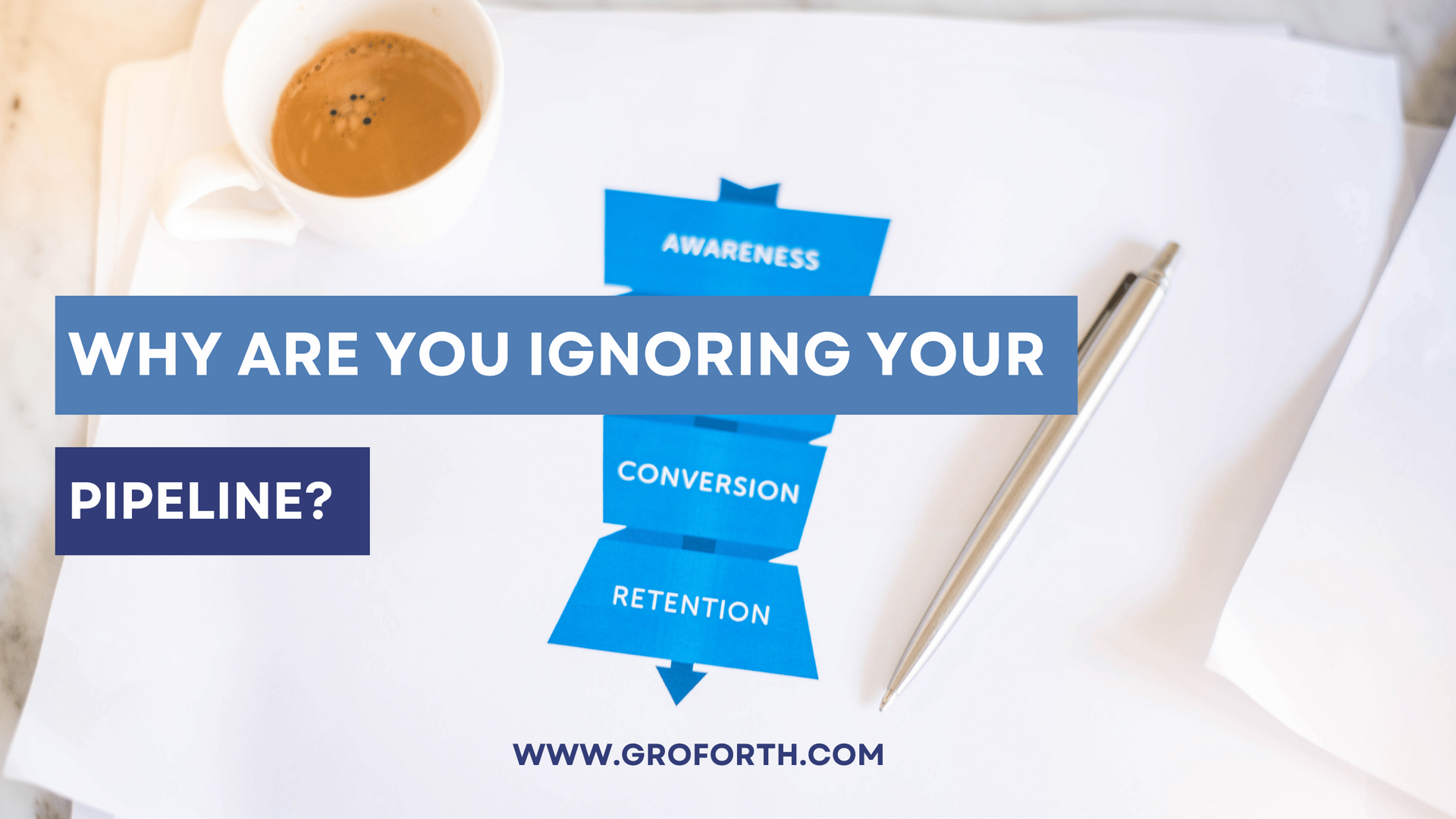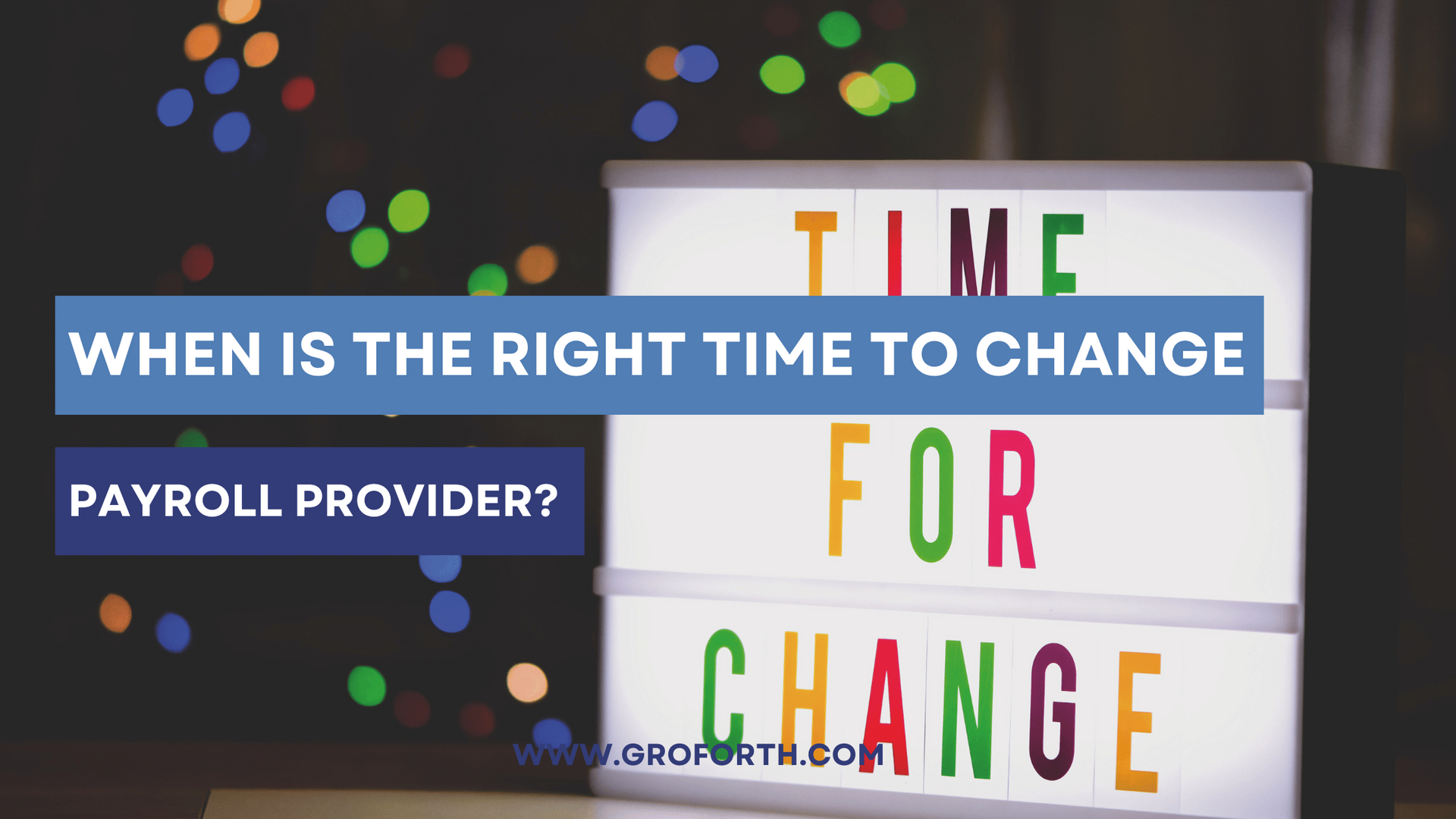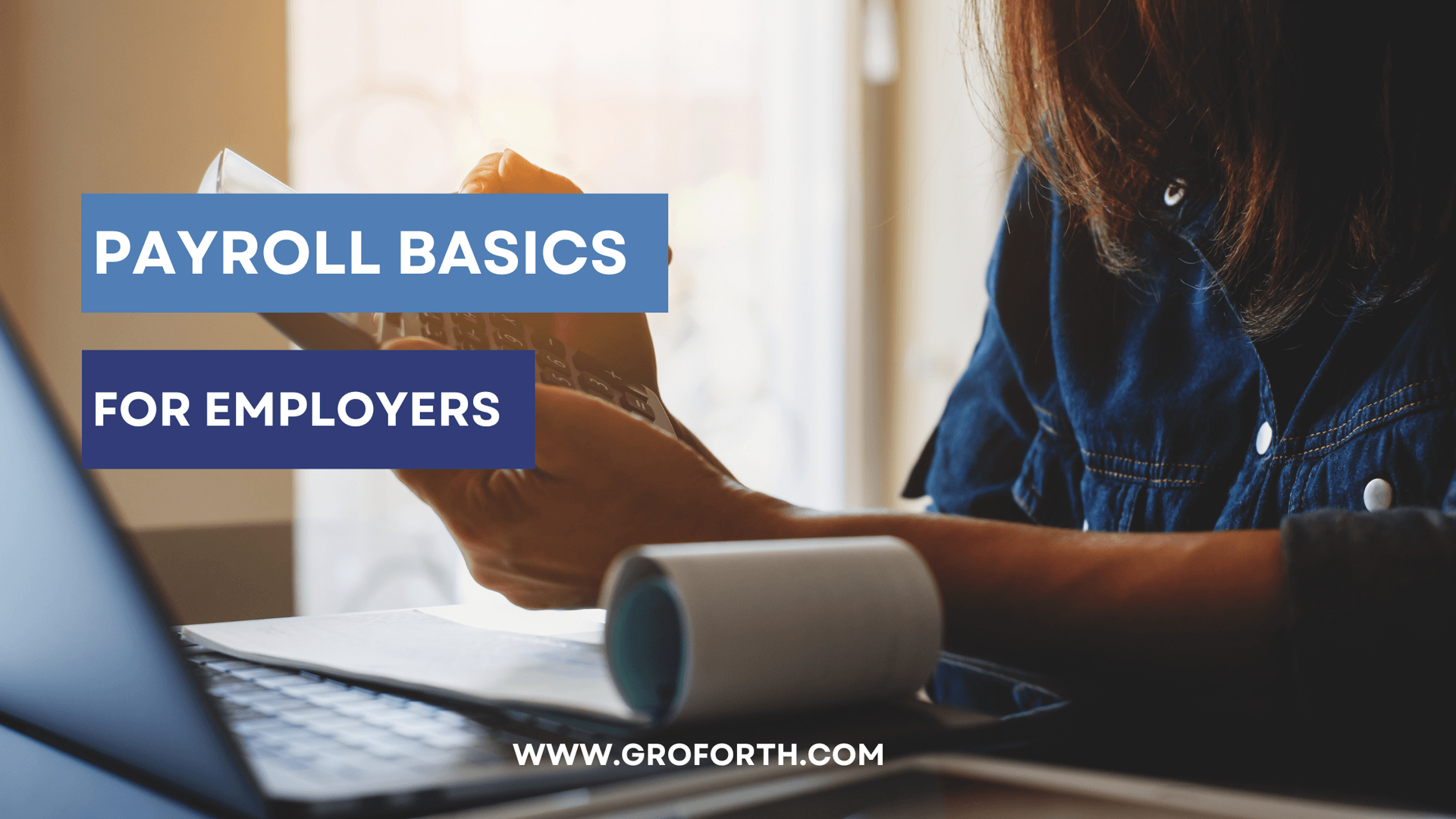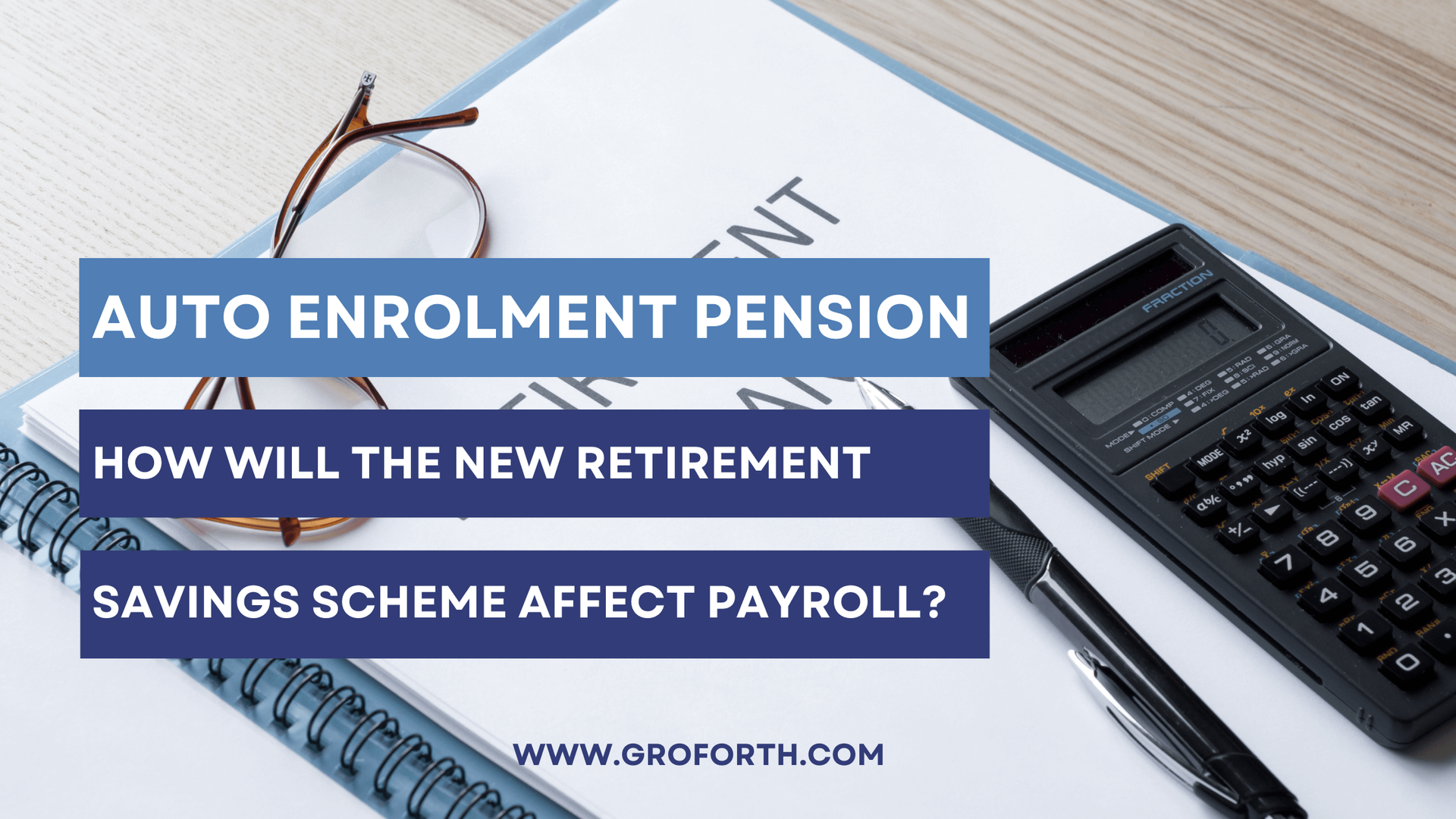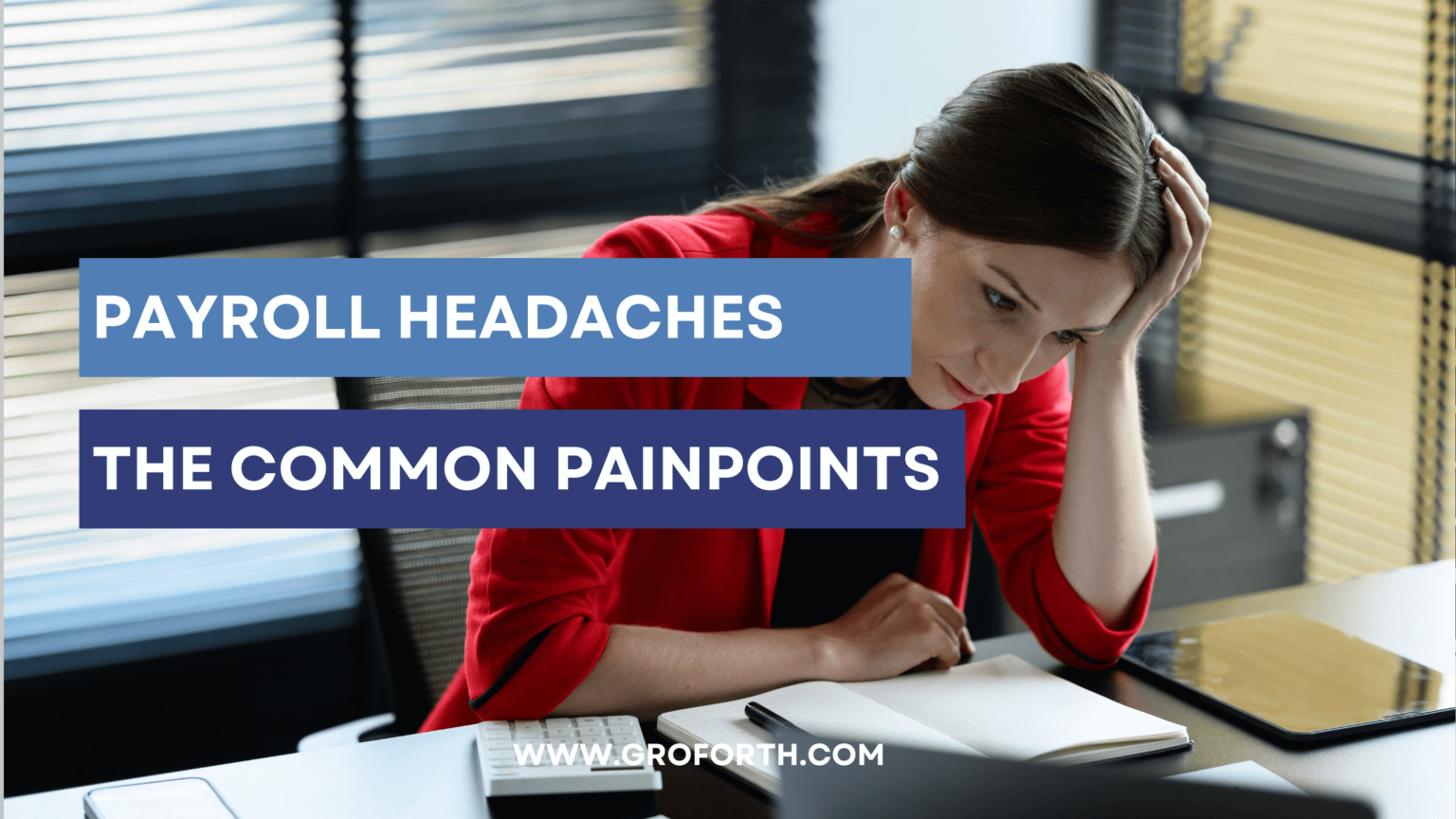VAT and Other Taxes that Could Affect Your Business
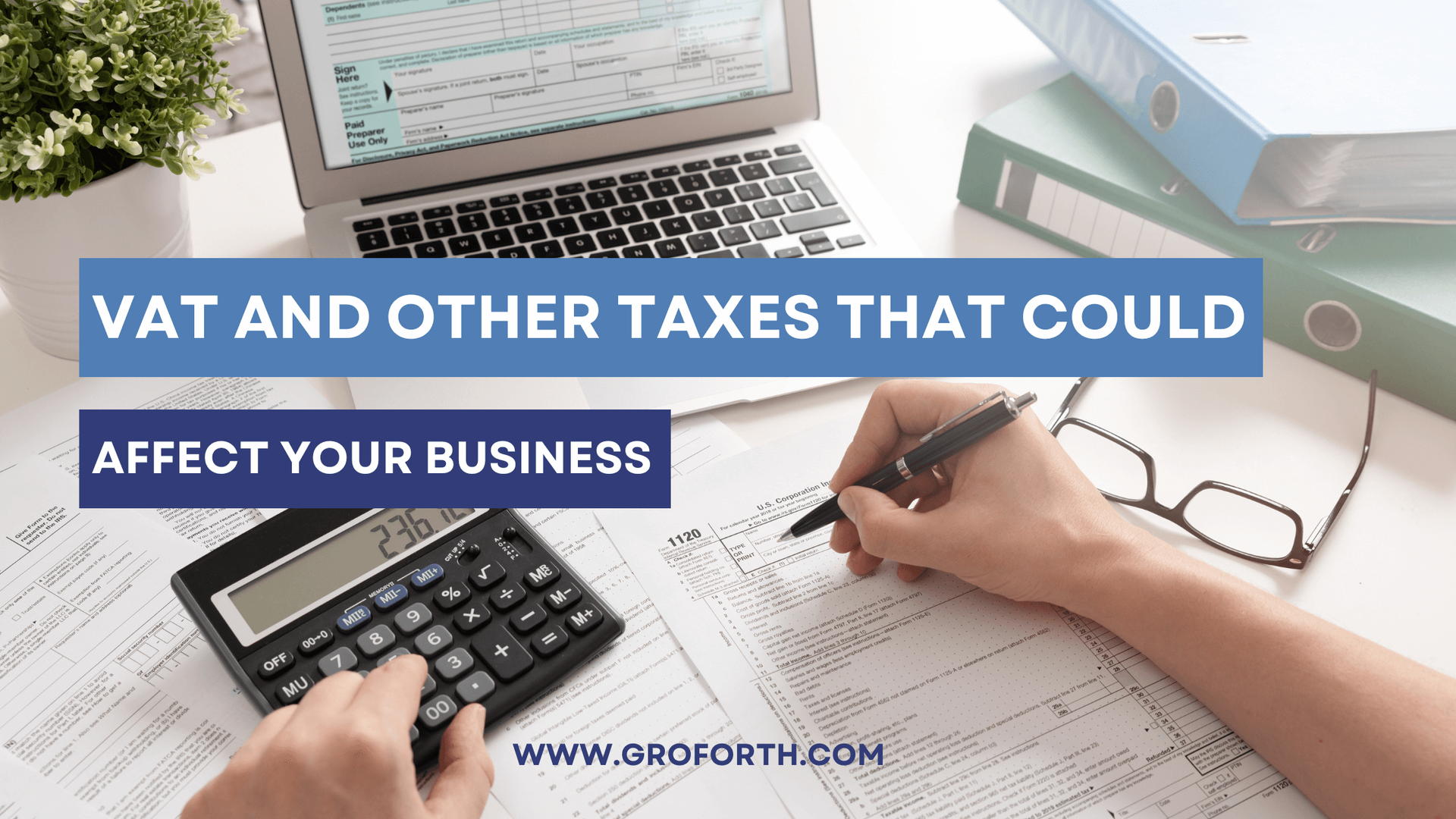
Your business is probably registered for VAT but depending on how you operate, you could also be liable for various other taxes. In this article, GroForth’s Geraldine explains how to get to grips with:
• VAT, VIES, INTRASTAT and Mutual assistance
• Relevant Contracts Tax
• Professional Services Withholding Tax
VAT, VIES, INTRASTAT and Mutual assistance
VAT is a tax imposed on certain goods and services. Different VAT rates apply depending on the goods and services being provided. Depending on where and how you are doing business, there can be a lot of different VAT rules to get your head around, however as a general rule, businesses collect VAT from their customers and file VAT returns with Revenue.
Under tax law, you are required to register for VAT when your turnover exceeds (or is likely to exceed) the VAT threshold in any continuous 12-month period. The main thresholds are €37,500 if you are supplying services only, €75,000 if you are supplying goods, €10,000 if you are making mail order sales or engaged in distance selling of certain goods or services. You can find more information on VAT thresholds and who should register for VAT in the VAT registration section of the Revenue website.
Your VAT Return
You must file and pay your VAT by the 23rd day of the month if you file via ROS (otherwise you must file by the 19th day of the month) following the end of each taxable period. You must also complete a Return of Trading Details (RTD) each year. This form is used to list your total purchases and sales for the year, broken down by their VAT rate. The form must be filed by the 23rd of the month following the end of your accounting period. It is important your RTD matches the information filed in your VAT returns for the relevant period as discrepancies could trigger Revenue queries that can be time-consuming to resolve.
In our experience, historically Revenue did not always follow up on missing RTDs however we have recently noticed an uptick in the checking of these forms so it is important to ensure that you file your return on time. Late filing could delay any tax refunds that you might be due and/or could mean that you cannot obtain a tax clearance certificate.
Reclaiming VAT
An advantage of registering for VAT is that you can reclaim the VAT you pay when you purchase certain goods and services that for use in your business. You must retain proof of these purchases (invoices and receipts) to support your claim for repayment of VAT. You submit your claim through your VAT return. The time limit for submitting a claim is four years.
Note that you cannot claim VAT on all of the expenses you incur. Food, drink or other personal services, accommodation and entertainment are examples of expenses where VAT cannot be reclaimed. You can find more information about they types of VAT you can and cannot reclaim on the Revenue website.
EU customers
If you supply services to a customer in another EU country, your customer must account for the VAT that is due under the EU’s reverse charge rules. You must obtain the customer’s VAT number and include it on your invoice and your invoice must indicate that the reverse charge applies. You can find out more about reverse charge accounting on the Revenue website.
Doing business within the EU also means that you must comply with the EU’s VIES, Intrastat and Mutual Assistance requirements:
⁃VIES — VAT Information Exchange System: If you supply zero-rated goods or services to a VAT-registered trader in another EU Member State you must submit a VIES statement. Your VIES statement must be filed online via the Revenue Online Service (ROS)by the 23rd day of the month following the end of the reporting period. This means your January monthly statement must be filed by the 23rd of February, your February statement must be filed by the 23rd March and so on.
⁃INTRASTAT: The INTRASTAT system collects statistics on the movement of goods between EU member states. You must complete a detailed INTRASTAT return if your annual imports from EU member states exceed €500,000 or if your annual exports to EU member states exceed €635,000. If you are VAT-registered, you must complete boxes E1 (total goods and related costs to other EU Countries i.e. Dispatches/ Exports) and E2 (total goods and related costs from other EU Countries i.e. Arrivals/ Imports) on your VAT 3 return when each return is due.
⁃Mutual Assistance: This system enables you to verify the VAT numbers that your EU customers give you. See the VIES VAT Number Verification service on the European Commission website.
Customers outside the EU
While supplies of services to business and private customers outside the EU are generally not subject to VAT, it is very important to confirm the customer’s tax status and retain proof that they are established outside the EU. This is because if you do not charge VAT, and cannot prove that the customer is not established in the EU, you could have to pay the VAT yourself. You could also have to pay Revenue interest and penalties.
Relevant Contracts Tax
If your business relies on subcontractors, it is important to understand whether Relevant Contracts Tax (RCT) applies. RCT is a withholding tax on various activities in the construction, forestry and meat processing industries. You can find a full list of relevant activities on the Revenue website. Note that RCT also applies to relevant activities carried out by non-resident subcontractors.
What is a withholding tax?
A withholding tax is a tax that is deducted by the recipient of a service. So, if you are using subcontractors for activities where RCT applies, you must deduct RCT from the payments you make to these subcontractors.
Subcontractor vs Employee
It is important to understand the difference between an employee and a subcontractor. If you are unsure, you can find guidance on how to check this in Revenue’s Code of Practice for Determining Employment Status.
Notifying Revenue about RCT contracts
Under RCT rules, you must notify Revenue about all relevant contracts and subcontractor payment details. You do this via contract and payment notifications which are filed via the Revenue Online Service (ROS). You must notify Revenue immediately after entering into a contract with a subcontractor and file your payment notifications before you pay your subcontractors. Revenue can apply a surcharge if your RCT filings are late.
Summary of RCT deductions
Shortly after the end of each return period, Revenue will compile a summary of your RCT deductions. It’s advisable to check this carefully each time to make sure that it is correct. Revenue can penalise you for any incorrect or unreported payments.
Notifying subcontractors
You must also notify your subcontractors about the RCT that you are withholding from their payments.
RCT rates
There are three different RCT rates—0%, 20% and 35%. The rate that applies, depends on each subcontractor’s compliance record with Revenue.
Note on VAT and Relevant Contracts Tax
While VAT is usually charged by the person supplying goods and services, under Relevant Contract Tax in the construction sector, the person receiving the goods or services is responsible for collecting the VAT and paying it over to Revenue. This means that if you are a Principal Contractor for RCT purposes, you have to apply Reverse Charge VAT (RCV) to the invoices you receive from your subcontractors.
Professional Services Withholding Tax
State and Semi-State bodies and their subsidiaries must deduct Professional Services Withholding Tax (PSWT) from the payments and expenses they pay to the providers of certain professional services. Organisations who receive funding from State or Semi-State bodies also fall under these rules.
A summary of services where PSWT applies is available on the Revenue website. These include:
• medical, dental, pharmaceutical, optical, aural or veterinary services
• architectural, engineering, quantity surveying or surveying nature, and related services
• accountancy, auditing or finance services
• financial, economic, marketing or advertising services
• legal services
• geological services.
How does PSWT work?
If you provide professional services to State or Semi-State companies, then PSWT will apply and will be deducted from the payments you receive. VAT should not be included when calculating PSWT however where interest is charged (eg on a late payment for professional services), PSWT is deducted from the interest also.
The State company or Semi-State that receives your professional services must submit a Payment Notification using the Revenue Online Service (ROS), deduct 20% PSWT from your payment, and pay this PSWT over to Revenue. You can claim the tax withheld as a credit against your Income Tax or Corporation Tax liability in the relevant tax year.
Exemptions
Certain types of payments and expenses are exempt from PSWT. These include certain inter-group payments, certain foreign branch payments, certain payments made abroad, payments to employees that are subject to PAYE, payments that are subject to Relevant Contracts Tax and payments to charities that are exempt from Income Tax.
If you are a GroForth client, our team can help you with your the various
taxes covered in this short article.
Contact us for details of our services.
GroForth Blog

